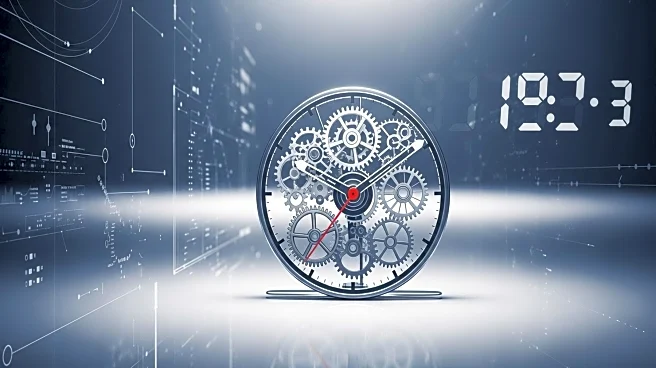What is the story about?
What's Happening?
The reliability of U.S. economic data is under scrutiny as response rates to key surveys have dropped significantly, affecting the accuracy of official statistics. The Bureau of Labor Statistics (BLS) faces challenges in data collection due to underfunding and staffing shortages. Recent revisions to jobs data revealed discrepancies, highlighting the need for improved data collection methods. The government has yet to fully utilize alternative data sources, such as real-time payroll and consumer-spending databases, which could enhance the accuracy of economic assessments.
Why It's Important?
Accurate economic data is crucial for informed decision-making by businesses, policymakers, and the public. The current challenges faced by the BLS could lead to misinformed policy decisions and hinder economic planning. The reliance on outdated data collection methods risks undermining the credibility of official statistics, which are essential for understanding economic trends and responding to crises effectively.
Beyond the Headlines
The integration of private-sector data into government statistics could improve the accuracy and timeliness of economic assessments. However, concerns about transparency, reliability, and potential bias in private data sources must be addressed. The situation presents an opportunity for technological reform in data collection, which could enhance government efficiency and public confidence in economic statistics.

















